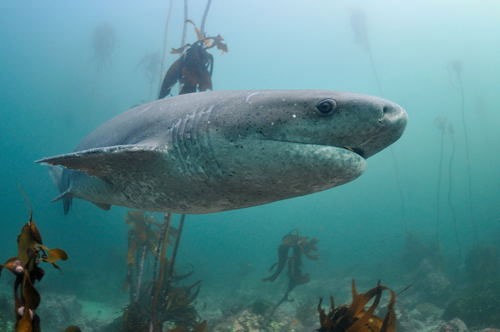Its inhabitants possess a technology far superior to the contemporary culture of their times and were instrumental in the progress of all world cultures. Its location gave them access to cultures as diverse as the Egyptian and Maya were accomplished travelers, dominating with their boats all the seas and oceans. The similarity between architectural structures such as the Mayan and Egyptian pyramids, or the phonetic similarity of few words separated by water and thousands of kilometers away should be as supporters of the existence of this island or continent and cultures influence the Atlanteans ( name that usually the inhabitants of Atlantis) is designated by its advanced technology marked cultures around the world.
Birth and Fall of Atlantis
The legend of Atlantis from Plato to 350 BC, which, on the Timaeus and Critias dialogue, tells the story of a flourishing civilization that lived on an island "beyond the Pillars of Hercules" (ancient name of the Strait Gibraltar). He claimed based on the Greek sage Solon, who 200 years before Egypt said he had heard that an island had been destroyed "west" as a result of a great cataclysm that sank in waters just a few hours. In about 20 pages describing this flourishing culture, its cities and abundances as due to an affront to the gods (were worshipers of Poseidon) were punished and a series of cataclysms were immersed in water.
So far it would seem the typical moralistic story so common in Greek mythology, but many scholars throughout history have sought their real significance because in many cultures there are similar to those of Plato Atlátida myths, some of them there a kind of historical memory or real component in that story and while most of the hypotheses were rejected for lack of evidence or demonstrated their disability, it is true that being a legend was widespread at such an early age man It survived in different and disparate cultures.
